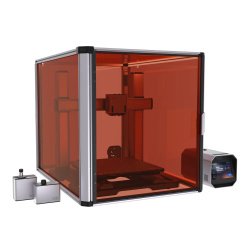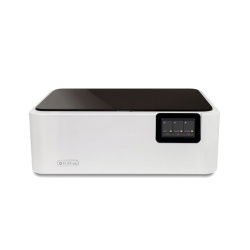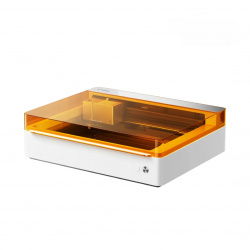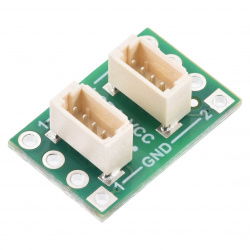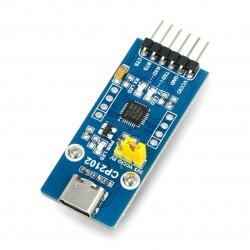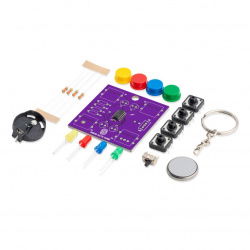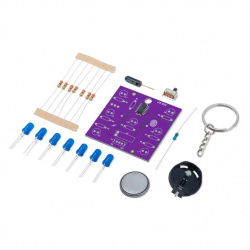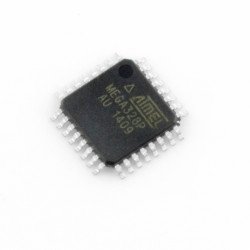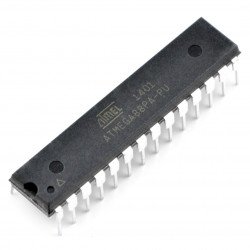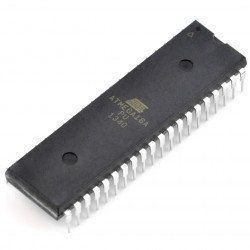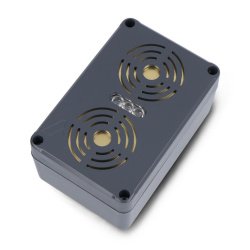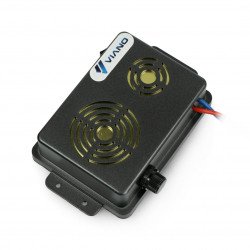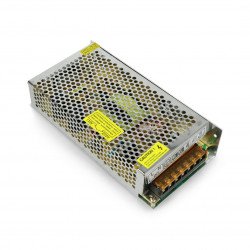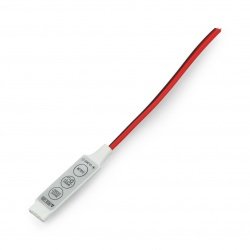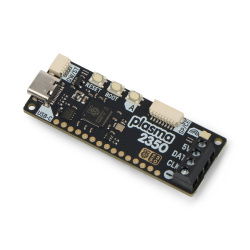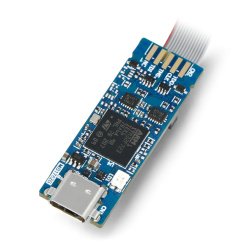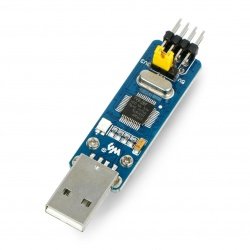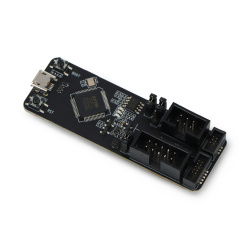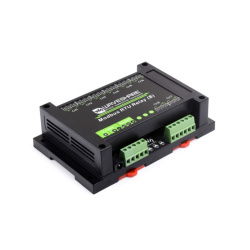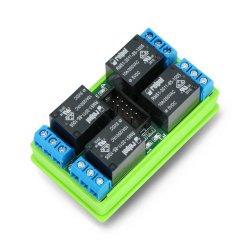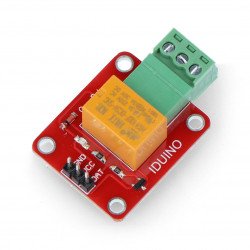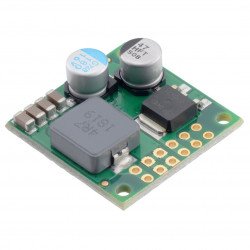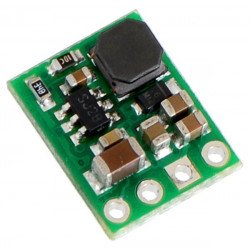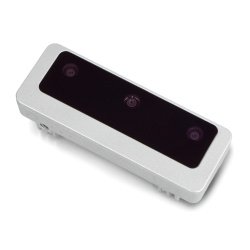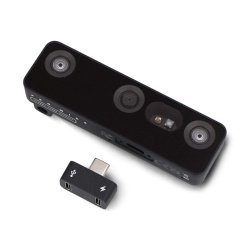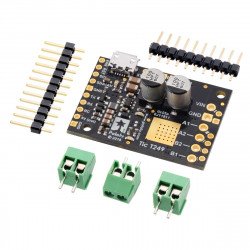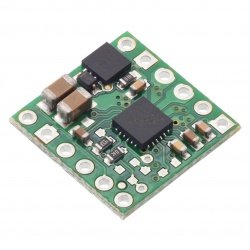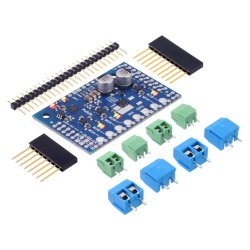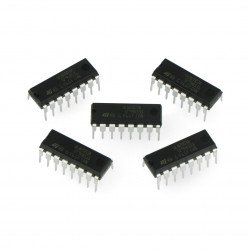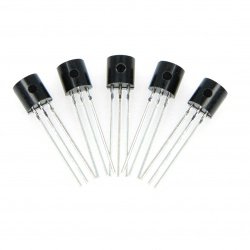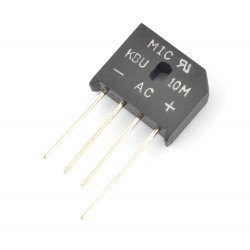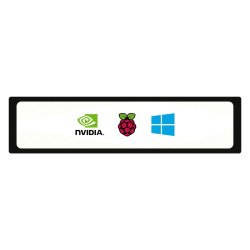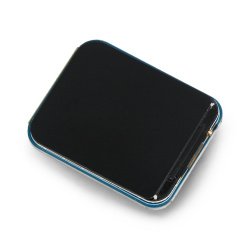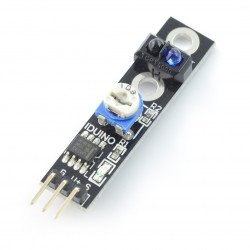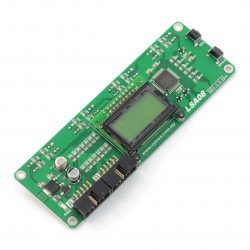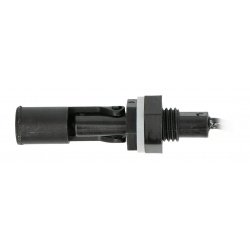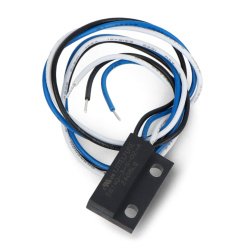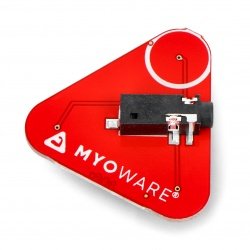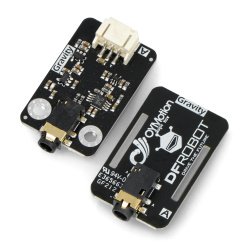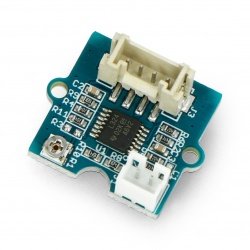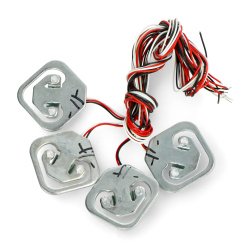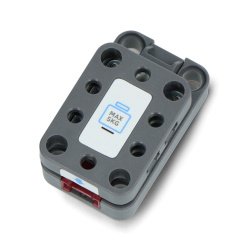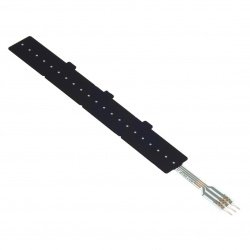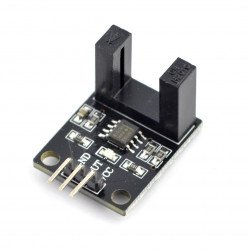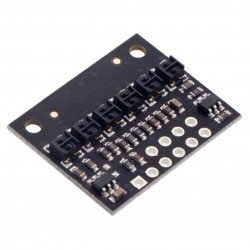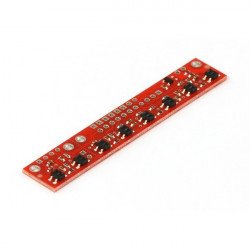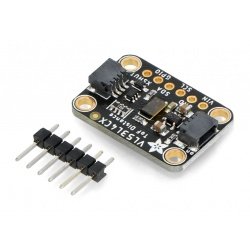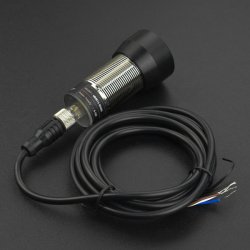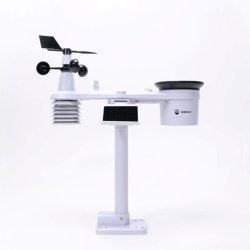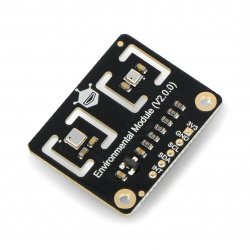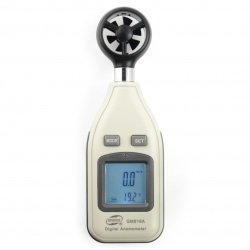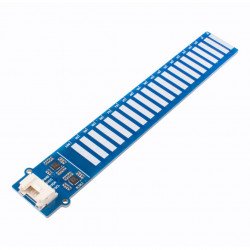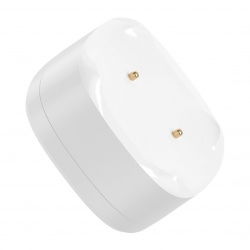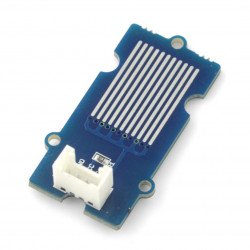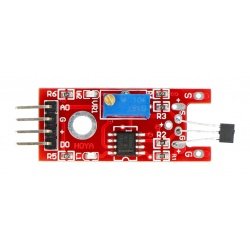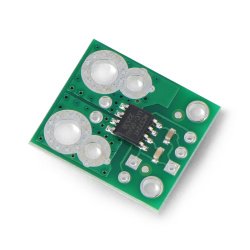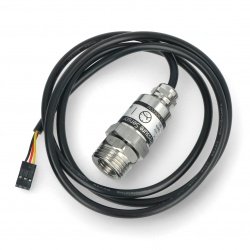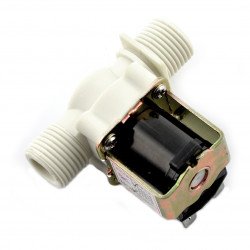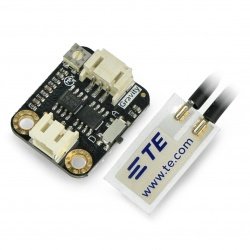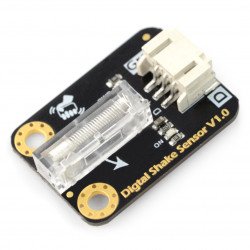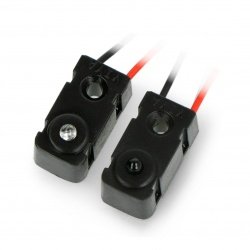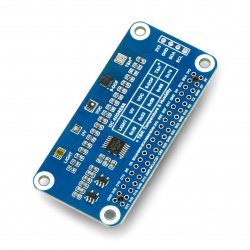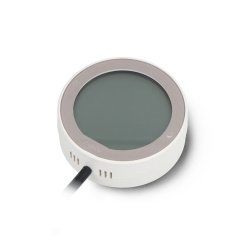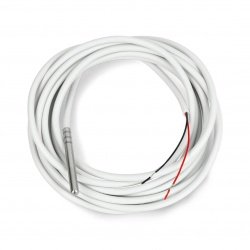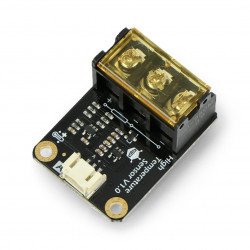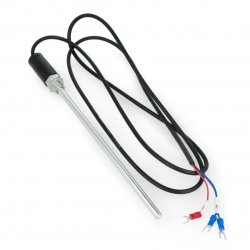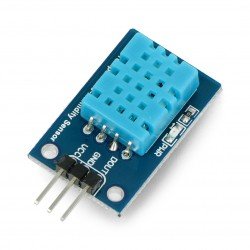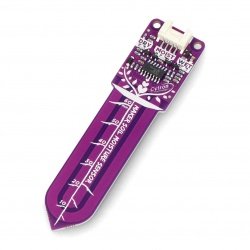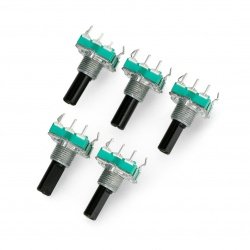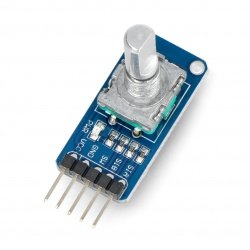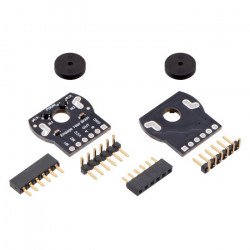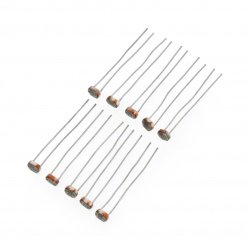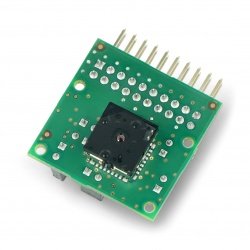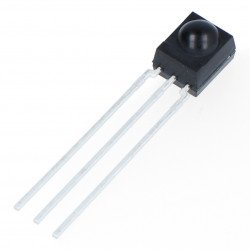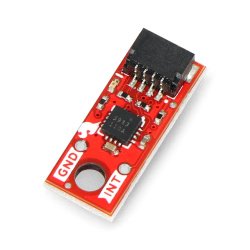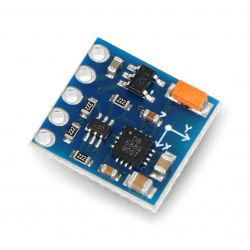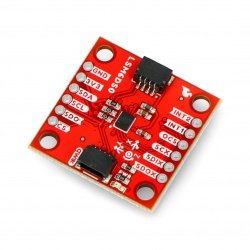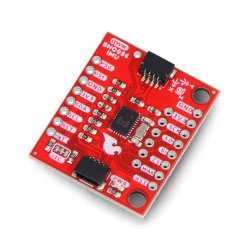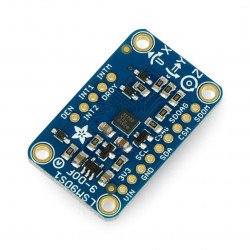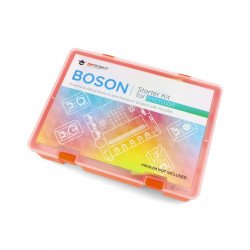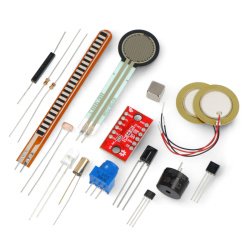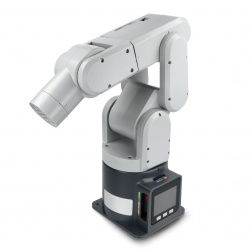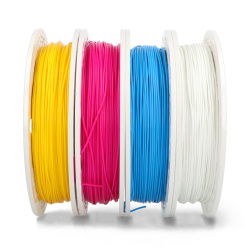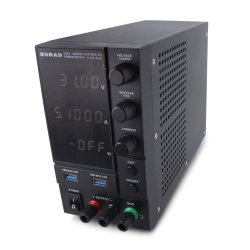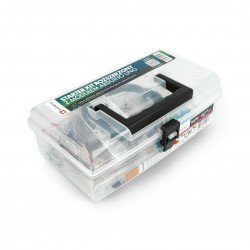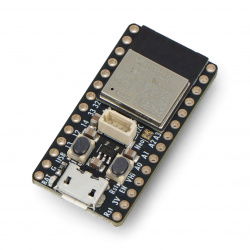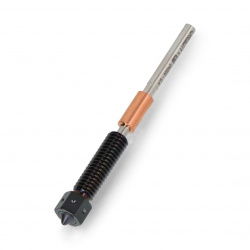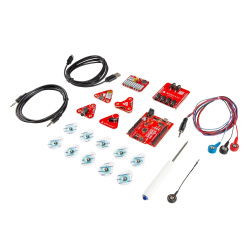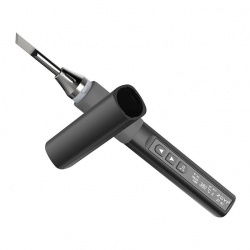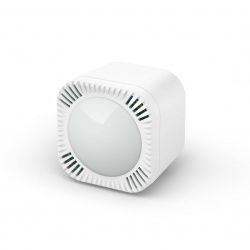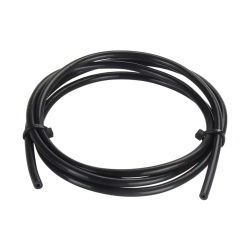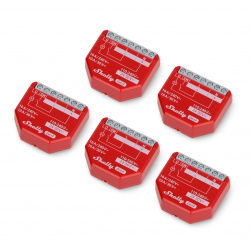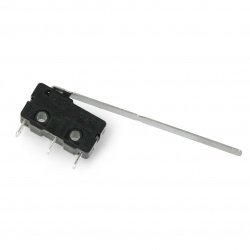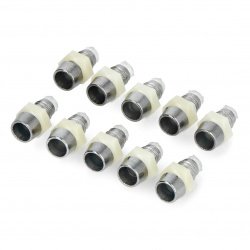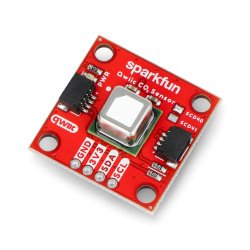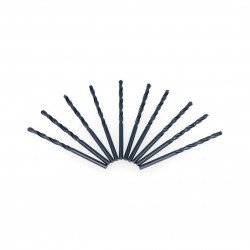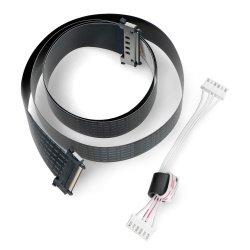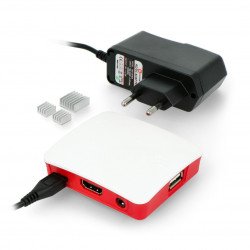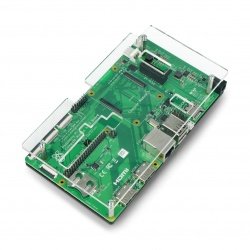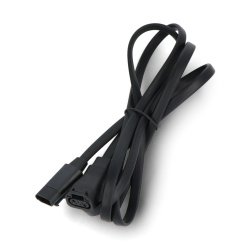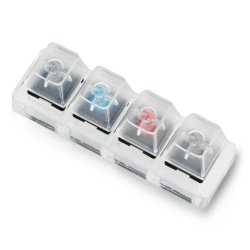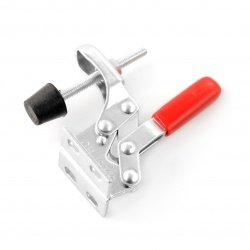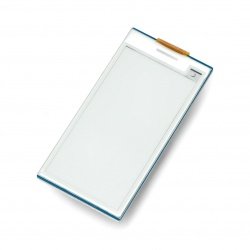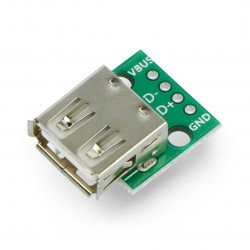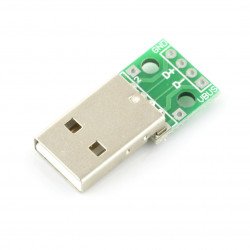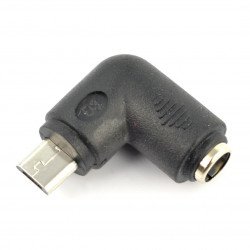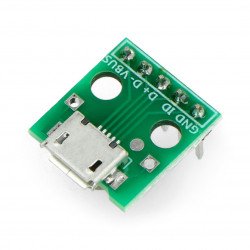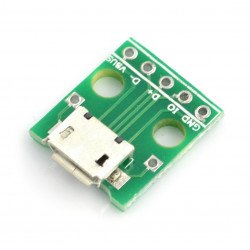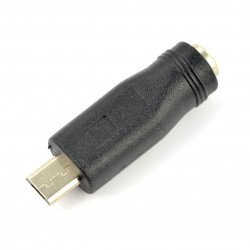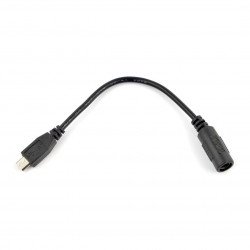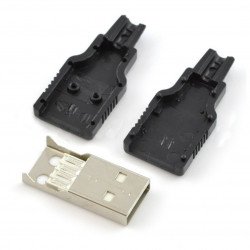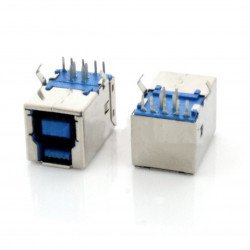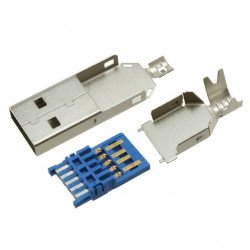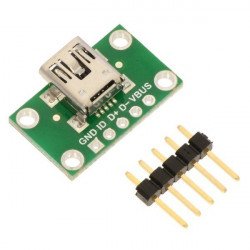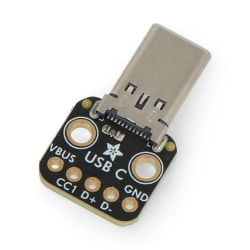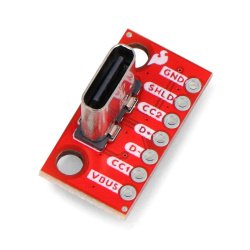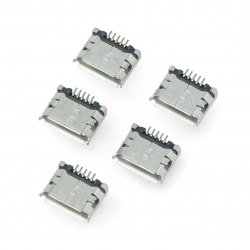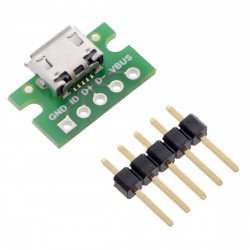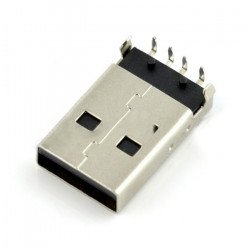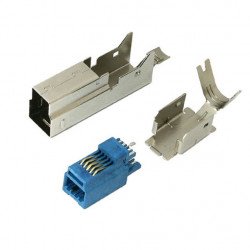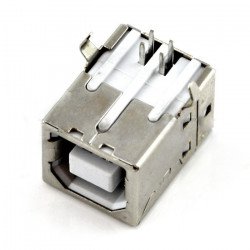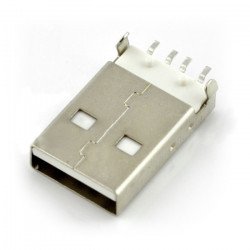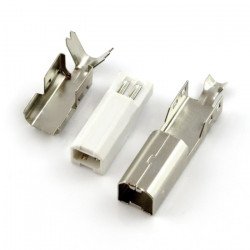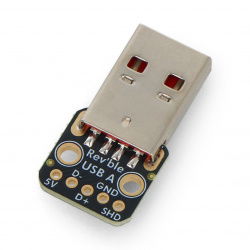The invention and market launch of the US standard, facilitated calls between computers and external devices. The widespread use of USB has caused diametralne increasing the degree of compatibility between multiple devices. Currently produced computers of the PC standard class are armed with at least 2 USB ports which allow to connect the computer to various external devices such as keyboard, mouse, printer, router, Wi-Fi, and a mobile device with a data storage function.
USB connectors
Module with USB type A connector
The connector allows you to connect a USB A plug to any circuit . Pinout is matched to standard pinout boards and connection wires available in our shop.Adapter microUSB - DC 5,5/2,1mm angled
The corner adapter enabling the cable connection to the tip 5,5 / 2,1 mm with slot of type of microUSB. It can be used as an adapter to power Arduino and Raspberry Pi.Module with microUSB socket - soldered connectors
The module with a socket enables connection of the plug microUSB to any arrangement. The exit raster 2,54 mm is compatible with standard contact plates and connection...Adapter socket 5.5/2.1mm - microUSB plug
Adapter that allows for connection of the cable with the tip 5,5 / 2,1 mm with slot with type of microUSB. It can be used as an adapter to power Arduino and Raspberry Pi.Module with USB socket And soldered connectors
A module with a USB A socket for connecting a type A USB plug to any circuit. Standard 2.54 mm pin raster , allows direct connection of the module to the contact plate or...Adapter microUSB - DC 5,5/2,1mm with cable 15cm
Adapter enabling the cable connection to the tip 5,5 / 2,1 mm with slot of type of microUSB. It can be used as an adapter to power Arduino and Raspberry Pi.USB Type A plug - plastic - for cable
USB plug type A for soldering the cable in a plastic housing.USB 3.0 connector type B - THT
Slot compatible with the USB 3.0 standard, type B in the THT case.USB 3.0 plug type A - for cable
Plug compatible with the USB 3.0 standard, type A soldered on the cable.MiniUSB type B 5 pin - connector for breadboard - Pololu 2593
Connector allows you to connect miniUSB outputs with 5-wire connector type B to the breaboard. Module suitable for standard breadboards and connection cables, available in our...USB type C plug-in module - connector for contact board - Adafruit 5978
Compact module that allows you to use the USB Type-C connector in electronic projects and prototyping. It has solder pads that allow access to all pins of the USB connector....Module with USB type C connector - vertical connector - SparkFun BOB-23055
Module for Sparkfun with a socket allowing you to connect a USB Type-C plug to any system. It has 7 pins and the pin pitch is 2.54 mm , which means it is compatible with...MicroUSB socket type B - SMD - 5pcs.
Micro-USB slot, type B, 5-pin, USB 2.0, for SMD surface soldering. It has gilded 3u contacts.MicroUSB type B 5 pin - connector for breadboard - Pololu 2586
Connector allows you to connect microUSB connectores with 5-wire connector type B to a breadboard. The module is suitable for a standard breadboard and connection cables,...USB 3.0 plug type B - for cable
Plug compatible with the USB 3.0 standard, type B soldered on the cable.USB type A reversible connector module - connector for contact board - Adafruit 6001
Adafruit's reversible USB Type-A connector module offers a practical solution that allows you to connect it to a USB port in either orientation—up or down . Equipped with...See also
- Connectors - goldpin
- Pogo Pin
- Electric cubes
- Industrial connectors ZP1/ZP2
- RCA connectors
- Quick couplings
- DC plugs and sockets
- BNC connectors
- BLS connectors
- ARK connectors
- D-SUB connectors
- Connectors - FSF / FPC ZIF
- Amphenol FCI connectors
- Banana connectors
- Crocodile cables
- Connectors - 4-pin
- RJ network connectors
- Jumpers
- Wire tips
- SMA connectors
- Mounting connectors
- Connectors - raster 2.5 mm
- Connectors - raster 2.54 mm
- 230 V network sockets
- IDC connectors
- Slip connectors
- Molex connectors
- Connectors
USB socket for housing and USB type A connector
The USB type A connector most often used in computers has a flat, rectangular shape . The use of flat connectors instead of round ones has a positive impact on the durability and ease of connecting and disconnecting USB devices from the connector. The USB Type A connector was designed primarily for connecting slave devices to a computer. This is important because a single USB port supplies 5VDC power.
USB cable - the most important information
Cables with USB Type A female connectors on both sides are used for bilateral data transmission between two computers. A standard USB Type-A cable is not designed for such a task, and its improper use may cause irreversible damage to associated computers or even cause a fire. When choosing a USB cable with a reversible female connector, check its data throughput against the hardware requirements of the devices you want to connect with it. USB sockets are a very wide range of products in our store. We offer various so-called USB terminals with USB ports (USB input).
Built-in USB socket and USB type B connectors
The USB type B connector was designed for external devices connected to the base computer. Such a connector has a rectangular cross-section with two corners at an angle of 45° . Like the Type A connector, it has tightly formed pins ensuring durable and reliable contact. The USB type B connector is a connector for data transmission to master devices. For this reason, most external devices communicating with the computer via the USB port require the use of an AB cable. The USB type B connector is popular, among others, in printers. The USB port is a basic element of modern devices. Our offer also includes a USB B socket for installation and installation.
USB socket for soldering and USB type C connectors
The USB Type-C connector is one of the latest solutions on the market for physically connecting computer devices. The USB C connector is characterized by a symmetrical structure that minimizes the risk of incorrect connection . The USB Type-C connector supports the USB 1.1, USB 2.0, USB 3.0, USB 3.1 standards and is unified using cables with older types of USB connectors, such as Type A, B, microB and others.
USB C connector (USB C plug) - what else is worth knowing about it?
The use of a USB Type C connector with the USB 3.1 standard allows for data transfer between devices with a bandwidth of 10 Gbit/s, as well as providing power with a maximum voltage of up to 20 V, current up to 5 A and a power of 100 W. Moreover, the USB Type C connector allows support for the DisplayPort interface and quadraphonic audio system. The USB C socket is a very popular product in our store. The Type C socket is found in a large number of modern devices. They can be found in the body of a camera, a mobile phone (smartphone), as well as a tablet and a laptop.
USB sockets for mounting and Micro USB type B connectors (micro USB plug)
The Micro USB type B connector, introduced by the USB Implementers Forum, is used in mobile phones, GPS navigation systems, PDA computers and digital cameras . The Micro USB type B connector is slightly smaller than the Mini USB connectors, but it also allows data transfer at a bandwidth of up to 480 Mb/s. Depending on the application, all component pins of the connector are used to transfer data between devices and provide power, and for chargers for phones and other portable devices, only the ground and power pins are used. The offer also includes a micro USB socket for soldering, a micro USB port and a micro USB plug for soldering. The USB standard should always be adapted to specific devices.
Self-assembly USB plug and Mini-B USB connectors
What are the most popular Mini USB variants? The Mini-B type USB connector is the most common version with four and five pins . Such a connector is slightly smaller than the USB Type A connector. A newer standard based on USB Mini-B is the USB OTG connector, which allows you to connect peripheral devices normally dedicated to PC computers, such as touchscreen phones and tablets. The less popular Mini-B USB connector, there is a 4-pin version - such a connector is found in some digital cameras and is used, among others, for: for data transfer.
All products listed are either a USB 2.0 connector or a USB 2.0 port. However, we also recommend the new type of USB 3.0 and USB 3.1 sockets.
DIY USB plugs and USB 3.0 Type A connectors
The USB 3.0 type A connector is identical in its structure to the standard USB type A connector used, among others, in the USB 1.1 and USB 2.0 standards, and the outside is distinguished by the blue color of the connector and pin insulation . This connector was designed to transfer data with a bandwidth of up to 5 Gb/s, but it can also transfer data at slower speeds, ensuring compatibility with older USB connector standards.
USB plugs - additional information
The USB 3.0 type A connector is used in external hard drives, laptops, and extensive IT communication systems. Moreover, it is an element of telecommunications terminal equipment. When choosing a connector type, first of all, pay special attention to compatibility with the sockets of your devices. An adapter that allows you to change USB standards is also a good solution. In addition to plugs, sockets and modules, we also offer HDMI cables and adapters used to transmit high-quality image and sound.
If you need help or have questions about USB connectors, please contact us using available means of communication, i.e. e-mail, telephone or the contact form available on the website.
USB connectors - FAQ
The main task of the USB connector is to connect devices equipped with this standard and transmit digital data via USB cables. They can also deliver electricity via cable to the devices that need it - they are universal and common.
Types of USB connectors include a USB Type A connector with a flat, rectangular shape, a USB Type B connector - rectangular with beveled corners, a symmetrical USB C connector, and mini and micro USB connectors often found in tablets and phones. You will find these and other connectors and cables in Botland.
USB connectors may remain universal, but their individual types differ not only in shape. The generations of USB connectors, i.e. USB 1.0, USB 1.1, USB 2.0 Hi-Speed, USB 3.0 SuperSpeed, USB 3.1 SuperSpeed+, USB 4.0, differ primarily in bandwidth, i.e. data transmission speed.




